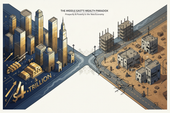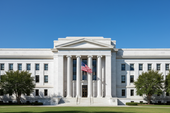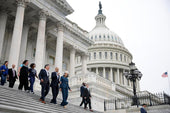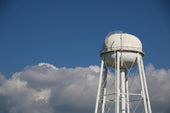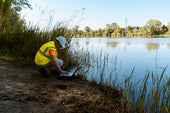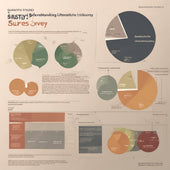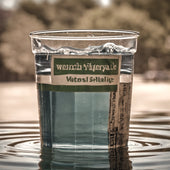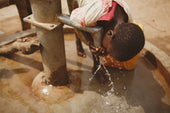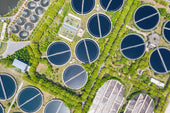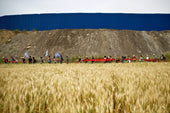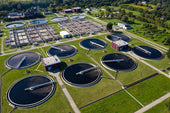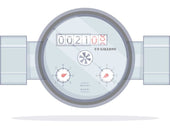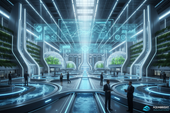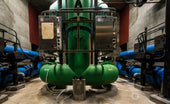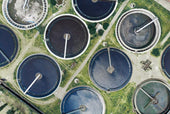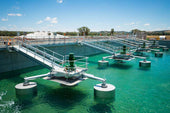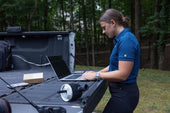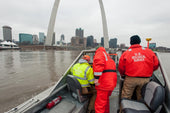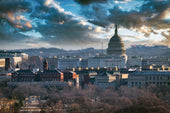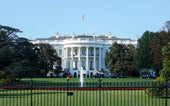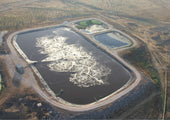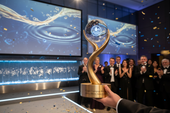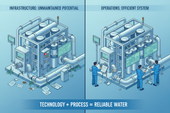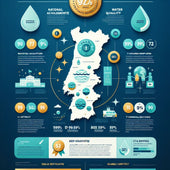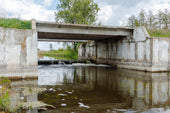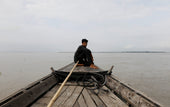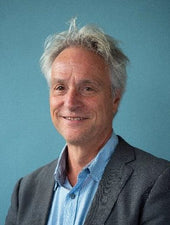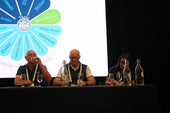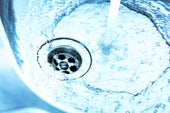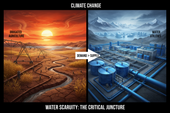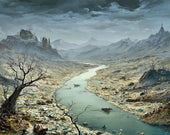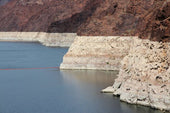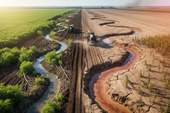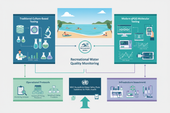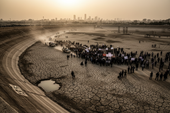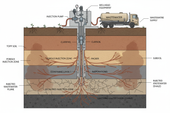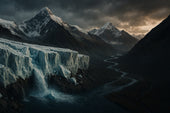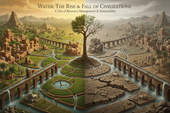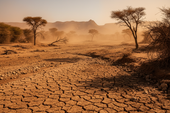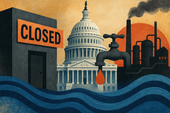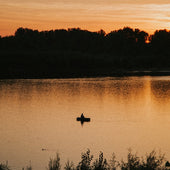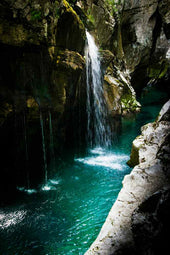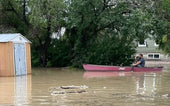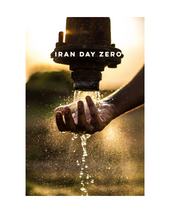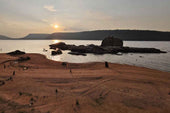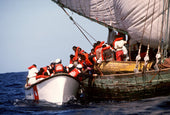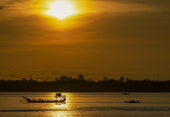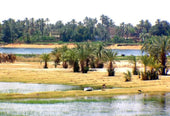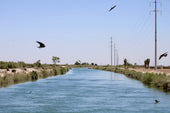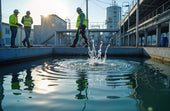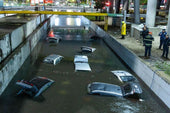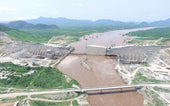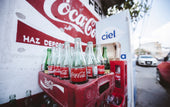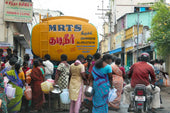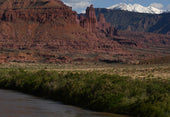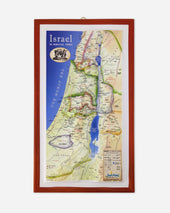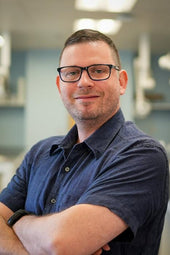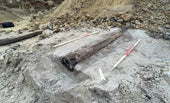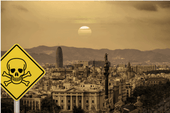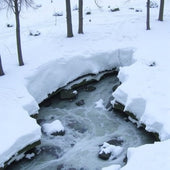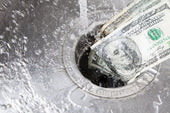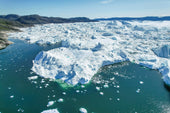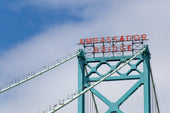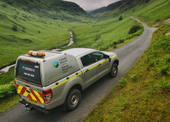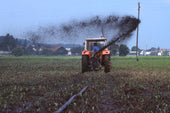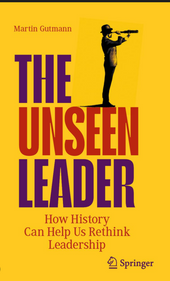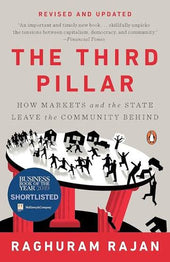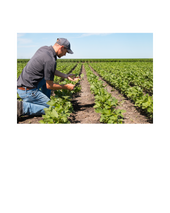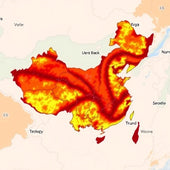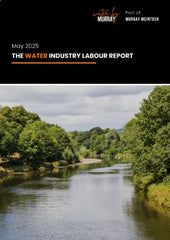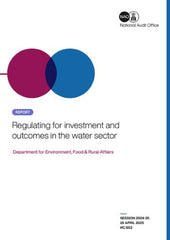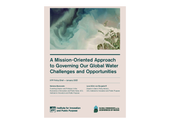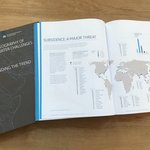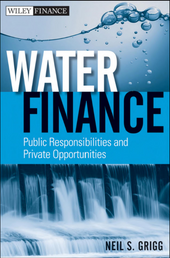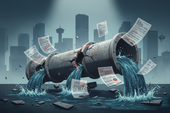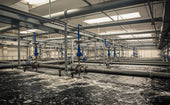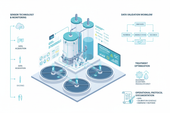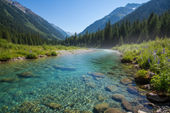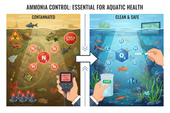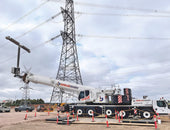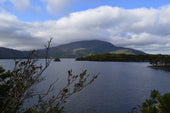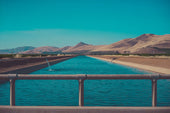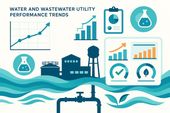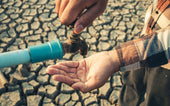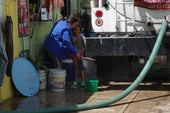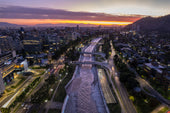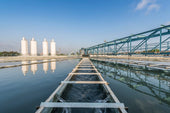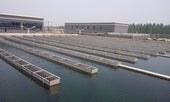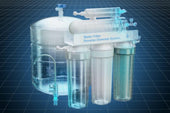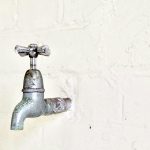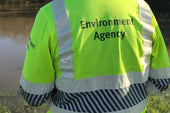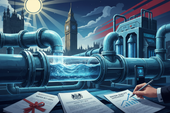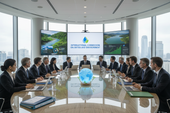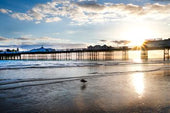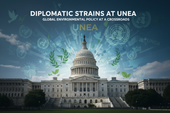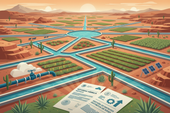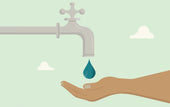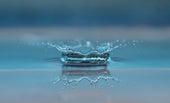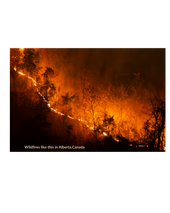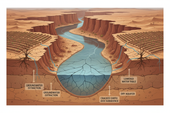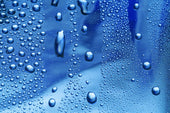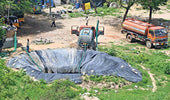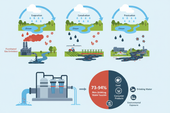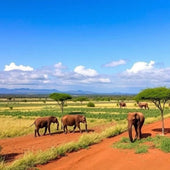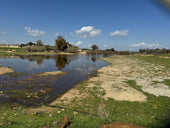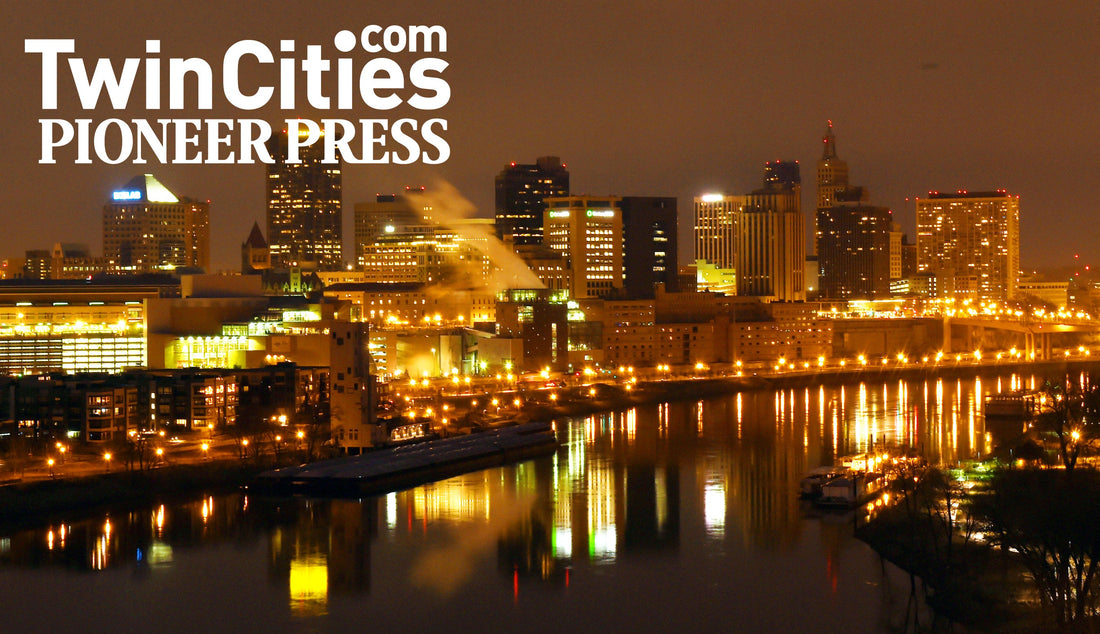
Falls water named best-tasting in state
Drinking tap water may not only quench the thirst of International Falls residents, but bring a sense of pride.
The city’s water was on Wednesday named “Best in Glass” in Minnesota for its taste quality through the American Water Works Association 2012 Best in Glass water taste test championship. The first-place award is the first for the city.
“The award is huge,” said International Falls Mayor Tim “Chopper” McBride. “We have good, clean, safe water that tastes good, and that’s rare in the U.S., especially when it comes from surface water.”
The water comes from Rainy Lake, and is more difficult and expensive to treat than from other sources, said Bruce Wilson, chief operator of the International Falls Water Treatment Plant. He attributes the accomplishment to the dedicated staff at the plant.
“It’s some of, if not the most difficult water to treat to get it cleaned up and ready to go to the public,” Wilson said, adding that the water before being treated comes with bacteria and organisms. “I was extremely gratified and happy that we accomplished one of my main goals: to supply the citizens of our community with high-quality drinking water, and winning this award in this class is a validation of our efforts.”
He is especially proud of the accomplishment given the fact that only three people work at the water treatment plant, including himself. The other two are Harold Scholler and Shawn Kelly.
The fourth annual water-tasting competition took place in Duluth Wednesday at the American Water Works convention where attendees voted for their favorite water. That narrowed it down to the top three – International Falls, St. Cloud, and East Grand Forks. Association officials then tasted those water samples and Falls’ water made it to the top.
St. Peter, Waite Park, Duluth, Brainerd, Eden Prairie, Moorhead, and Rochester also entered the competition.
Convention organizer and northwest district trustee for AWWA, Brian Bergantine, said the judges come from around the nation and look for a variety of things in the water.
“What they’re looking for is the clarity of the water, one that doesn’t have any odor and has a lack of color,” Bergantine said. “It’s kind of like looking through a diamond – it has to have nothing going through it.”
He added that water treatment plants usually use some kind of chlorine to disinfect it, and taste quality can be reduced when there is too much or too little chlorine. It can also send off a chlorine gas smell.
Kelly said in working at the local plant, he uses chlorine and ammonia to treat the water – the ammonia helps the chlorine last longer in the piping to kill bacteria and pathogens found in Rainy Lake. Although Rainy Lake is a high-quality water source, Wilson said health officials would agree that it’s hard to disinfect.
“The water from International Falls didn’t have a lot of odor – it really was a crisp, refreshing drink, and that’s what kind of set it apart,” Bergantine said, adding that the top three were all high-quality samples, but three of the four final judges chose the Falls’ water. “The water from International Falls was just that much more above them.”
McBride added that the Falls has also entered in national water taste competitions and in the past two years has come out in the top three in the nation.
“We’ve always thought we’ve had the best water in the state and nation and now it’s proven,” he said, adding that he believes the local water is the best in the world. “We’re just very, very proud of our process and proud of our staff. Citizens of International Falls should take great pride in the work and dedication and also the decision to initiate the water filtration and treatment system that we have.”
Wilson added that the award could boost the area’s economy if businesses who need high-quality water were to locate in International Falls.
If not, the pride and success can still boost the community’s spirit.
“Water is very important in everyday life,” McBride said. “Water enables us to enjoy our coffee, cook our meals and do our dishes safely.”
“A lot of cities you go to, you can’t drink tap water – you have to drink bottled water,” he added. “So our efforts are worthwhile in the end.”





